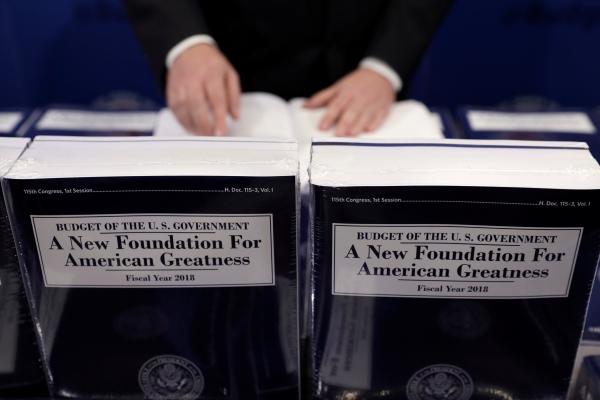May 23, 2017
Several years ago, Sojourners asked that question, leading a campaign to remind our leaders in Washington that: “A budget is a moral document. Our faith tells us that the moral test of a society is how it treats the poor. As a country, we face difficult choices, but whether or not we defend vulnerable people should not be one of them.” As we look at the priorities outlined in the Trump administration’s 2018 budget released today, it’s worth asking again: What would Jesus cut?
Read the Full Article

Already a subscriber? Login
